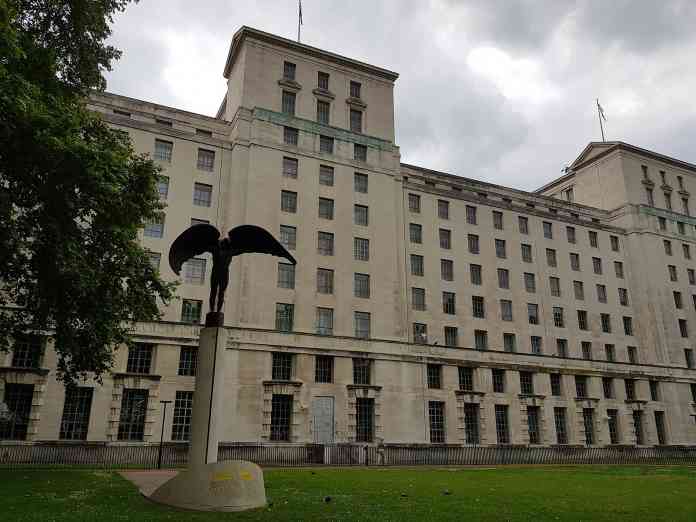Chemical Weapons Demilitarisation Conference meets in London

The 25th Chemical Weapons Demilitarisation Conference has been held in London hosted by by the Ministry of Defence and Defence Science and Technology Laboratory (Dstl), in close collaboration with the U.S. Department of Defense.
Scientists, technical experts, policy officials and non-governmental organisations attended the conference to share experiences and lessons and address remaining challenges.
To date, more than 99 per cent of declared chemical weapons stockpiles have been destroyed, with the rest set to be destroyed later this year.
The 25th edition of the conference addressed the future of demilitarisation, with discussions on biotoxins and the capability of states not party to the Chemical Weapons Convention.
UK Defence Minister Baroness Goldie said: "Chemical weapons still represent one of the greatest threats to peace and security that we face today. We must redouble our resolve, summoning the courage and optimism required to finish the job of ridding the world of these deadly weapons, neutralising current and future risks. Together, we can ensure we make this world a far safer place for the next generation."
The Chemical Weapons Convention came into force in 1997, banned chemical weapons, and required states to destroy any existing stockpiles. The first conference was held in 1998 and has been hosted annually ever since by the MOD and Dstl.
Dstl Chief Executive, Paul Hollinshead said: "Dstl appreciates and supports the work of the OPCW Laboratory in facing these emerging challenges [biotoxins]. We are immensely proud that under the MOD funding and Dstl technical leadership, a project that utilises the new Chem Tech Centre to develop more comprehensive analytical techniques to identify scheduled biotoxins in both environmental and biomedical samples will be established.
"As the most successful multilateral arms control treaty with 193 States Parties, the CWC covers the vast majority of the global population. Our small part in that community has massive influence, which has time and time again changed the world for the better. The wider capability of our national protective programmes keep our troops safe through the deployment of advanced technology and the deterrent factor that technology provides."
U.S. Assistant secretary of defense for nuclear, chemical and biological defense programs, the Honourable Ms. Deborah Rosenblum said: "No nation, no government, can be successful in the fight against chemical weapons threats in isolation. We need each other and the best ideas industry, academia, and the NGO communities have to offer.
"That is why this conference is so valuable. There is a rich history of government and industry partners working together to advance counter and non-proliferation objectives. Together, we have destroyed nearly all of the world’s declared chemical weapons.
"Continued collaboration will be essential to tackling future challenges. I encourage you to share your ideas about how this conference can continue to be fit for purpose and to advance our progress toward the ultimate objective of eliminating this class of WMD."
Image: Andysmith248, CC BY-SA 4.0 , via Wikimedia Commons
















